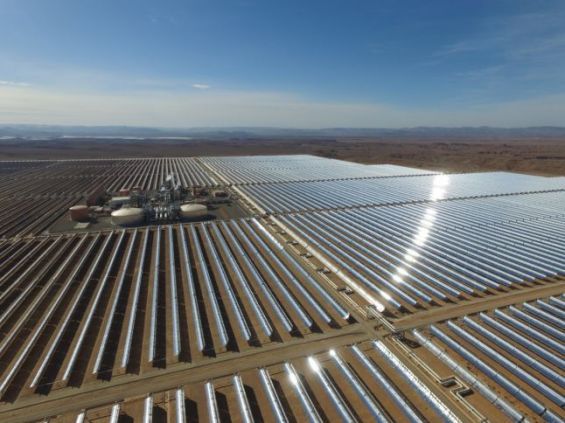Morocco was ranked 66th out of a list of 115 countries by the 2021 edition of the Fostering Effective Energy Transition. The annual report, conducted by the World Economic Forum, ranked the Kingdom 51st in its last year edition.
The index measures the current level of energy system performance in countries, and the readiness of the overall environment for these countries to move to a safe, sustainable, affordable and comprehensive future energy system. The Kingdom achieved 57% in the field of energy transition.
Regarding sub-indicators, Morocco scored 64.9% in terms of energy system performance, and 48.7% in the readiness index for a safe and sustainable energy transition.
On the Arab level, Qatar was ranked first (53rd globally), and the UAE was ranked second (64th globally), while Morocco was ranked third (66th), followed by Jordan in the fourth place (72nd globally), then Oman ranked fifth (74th).
Halving emissions by 2030
In the Maghreb region, the Kingdom was ranked first, followed by Algeria (79th globally), then Tunisia (88th globally), while Mauritania and Libya were not included in the report.
In Africa, Ghana was ranked 56th, followed by Namibia ranked 59th, Kenya ranked 61st, then Morocco 66th. The latter is followed by Egypt, Algeria, and then Tanzania.
At the global level, Sweden got the top spot, ahead of Norway in the second place, followed by Denmark, Switzerland, and Australia, in the fifth place. Venezuela, Lebanon, Mongolia, Haiti and Zimbabwe are at the bottom of the ranking, respectively.
The report stresses the need of «accelerating progress towards transition and halving emissions by 2030 to remain on track to meet the 1.5°C Paris Agreement goal». «We cannot afford to lose momentum or, worse, go into reverse», its authors warned.
The report identified three matters necessary to increase the resilience of the energy transition, which are providing a «fair transition» for all, expanding the scope of renewable energy sources, doubling public and private sector investment in clean energies, and making sure that investments in clean energy and energy efficiency need to increase annually up to six times by 2050.





 chargement...
chargement...













